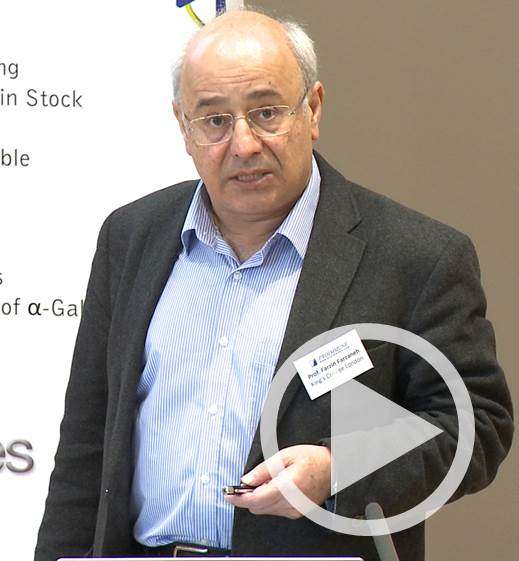Your basket is currently empty!
Therapeutic cancer vaccines

A large number of different classes of tumour-associated antigens provide specific targets for immune therapy of cancer. These include antigens expressed by oncogenic viral vectors such as Human Papilloma Virus (HPV), as well as a whole array of mutated oncogenes, abnormally glycosylated proteins and carcino-embryonic gene products that are expressed at elevated levels in different malignancies. In addition to these common antigenic targets, recent data has demonstrated the presence of other, entirely patient and tumour specific mutations. Both the common and the private tumour-associated antigens provide potential targets for the immune mediated eradication of cancer. Such immune therapy strategies are of particular relevance to the eradication of the residual cancer cells, which can contribute to possible relapse and recurrence, despite a successful initial response to therapy. The most promising of the new immune therapy based approaches include the use of antibody based blockade of immune inhibitory check points (e.g. anti-CTLA4, anti-PD1/PDL1, etc.). The inhibition of these feedback loops allows the stimulation and expansion of specific populations of tumour specific T cells. An alternative and highly promising new form of immune therapy is the generation of autologous and allogeneic T cells expressing antigen specific T cell receptors, including chimeric antigen receptors (CAR T-cells), that are able to recognise and lyse tumour cells. Other strategies showing moderate clinical efficacy include the use of autologous dendritic cells that are pulsed with tumour-associated RNA, proteins and peptides, or with whole tumour lysate. Alternatively, autologous cancer cells can themselves be genetically modified to serve as whole cell vaccines. Yet other exciting new developments include the identification of new adjuvants and vaccination strategies for cancer specific induction of protective and therapeutic cellular immunity. The combination of such new vaccination strategies, combined with identification of individualised cancer specific mutations (e.g. by exome sequencing, RNAseq, whole genome sequencing, etc.) is holding out the promise of substantially more effective vaccination strategies. Given the rapid pace of these developments, the treatment of many cancers is now poised for dramatic improvements
